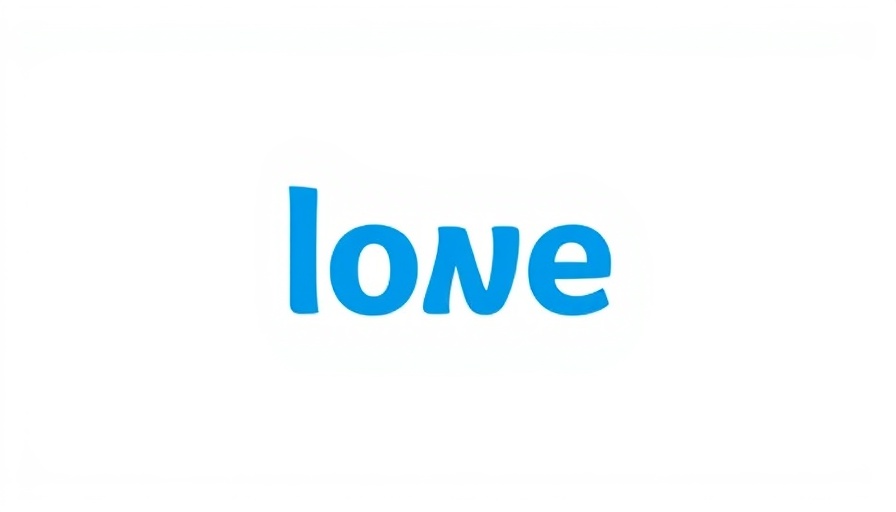
Understanding the Link: Cardiovascular Disease and Dementia
Recent studies have highlighted a pressing public health concern: the strong correlation between cardiovascular disease (CVD) and dementia. As we age, the risk of developing both conditions increases, making it essential for senior citizens to understand the interplay of heart health and cognitive function. The data is compelling—globally, CVD significantly explains the variance in dementia cases across various populations, particularly in low- and middle-income countries.
The Mechanisms Behind the Connection
The mechanisms linking CVD to dementia can vary. One prominent hypothesis is the disruption of blood flow to the brain caused by cardiovascular-related issues. Additionally, chronic inflammation, which often accompanies both conditions, may play a significant role. Understanding these connections is crucial not just for preventative measures but for developing effective treatments as well.
Strategies for Preventative Care
So, what can you do as a senior citizen to mitigate these risks? Here are some actionable insights:
- Regular Check-ups: Keeping a close eye on your cardiovascular health with regular doctor visits can help catch issues early.
- Exercise: Engaging in regular physical activity helps improve blood circulation and reduce inflammation, benefiting both your heart and brain health.
- Balanced Diet: A diet rich in fruits, vegetables, whole grains, and healthy fats can support cardiovascular health and cognitive function.
Take Charge of Your Health Journey
Understanding the link between cardiovascular disease and dementia gives you the power to make informed health decisions. Embrace a proactive approach to your health. By prioritizing cardiovascular well-being, you can help bolster your mental acuity and overall quality of life.
 Add Row
Add Row  Add
Add 




Write A Comment